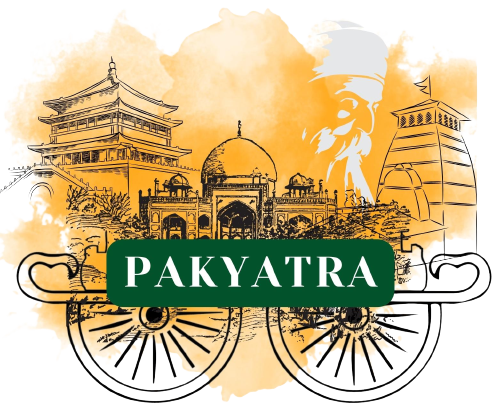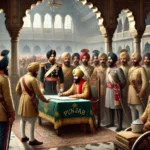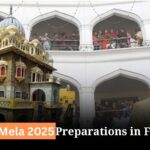PAK YATRA is a tour operator company providing tour services and facilitates Sikh community from different parts of the world.
Add Your Heading Text Here
Traveling to Pakistan can be a unique and rewarding experience, but it’s important to plan your trip carefully, especially if you’re a foreigner. Here are some travel tips to help you prepare for your visit to Pakistan:
Check Travel Advisories: Before planning your trip, check the latest travel advisories and safety information from your government’s travel website. These advisories can provide you with important safety and health information.
Visa and Documentation: Ensure you have the necessary visas and permits to enter Pakistan. Check the requirements and processing times well in advance of your trip.
Local Customs and Culture: Pakistan is a conservative country with strong Islamic traditions. Be respectful of local customs, dress modestly, and follow cultural norms. Avoid public displays of affection.
Language: While Urdu is the official language, English is widely spoken, especially in urban areas. Learning a few basic Urdu phrases can be helpful and appreciated.
Currency: The currency in Pakistan is the Pakistani Rupee (PKR). Credit cards are accepted in major cities, but it’s a good idea to carry some cash, especially if you’re traveling to rural areas.
Safety: While many parts of Pakistan are safe for tourists, it’s essential to stay informed about the current security situation. Avoid travel to regions with travel advisories or unstable conditions.
Health Precautions: Ensure your vaccinations are up-to-date before traveling. It’s also advisable to have travel insurance that covers medical emergencies.
Food and Water: Pakistani cuisine is diverse and delicious. Be cautious about street food and make sure to drink bottled water to avoid food borne illnesses.
Transportation: Pakistan has a range of transportation options, including buses, trains, and domestic flights. Be prepared for long travel times, especially if you’re moving between cities.
Accommodation: You can find a variety of accommodations, from budget guesthouses to luxury hotels. Booking in advance is advisable, especially during peak tourist seasons.
Local Transportation: In cities like Lahore, Karachi, and Islamabad, you can use ride-sharing apps like Uber and Careem for transportation. In other areas, taxis and rickshaws are common.
Communication: Get a local SIM card for your phone to stay connected. Mobile networks are widespread, and internet access is generally available.
Respectful Photography: Always ask for permission before taking photos of people, especially in rural areas. Some may not appreciate being photographed.
Weather and Packing: Pakistan has diverse climates. Check the weather conditions for your destination and pack accordingly. If you plan to visit the northern areas, be prepared for colder temperatures.
Exploring Nature: If you plan to explore the stunning natural landscapes in the northern regions, consider hiring a local guide who knows the terrain and can help ensure your safety.
Cultural Sites: Pakistan has many historical and cultural sites. Respect the rules and guidelines when visiting religious places, such as mosques and shrines.
Time Zones: Pakistan Standard Time (PST) is UTC+5, so adjust your schedules and plans accordingly.
Traveling with Medications: If you need to bring prescription medications, make sure to have a copy of your doctor’s prescription and carry your medications in their original packaging.
Remember that Pakistan is a country with a rich cultural heritage and beautiful landscapes. By being respectful, open-minded, and well-prepared, you can have a memorable and enjoyable experience while visiting Pakistan.





